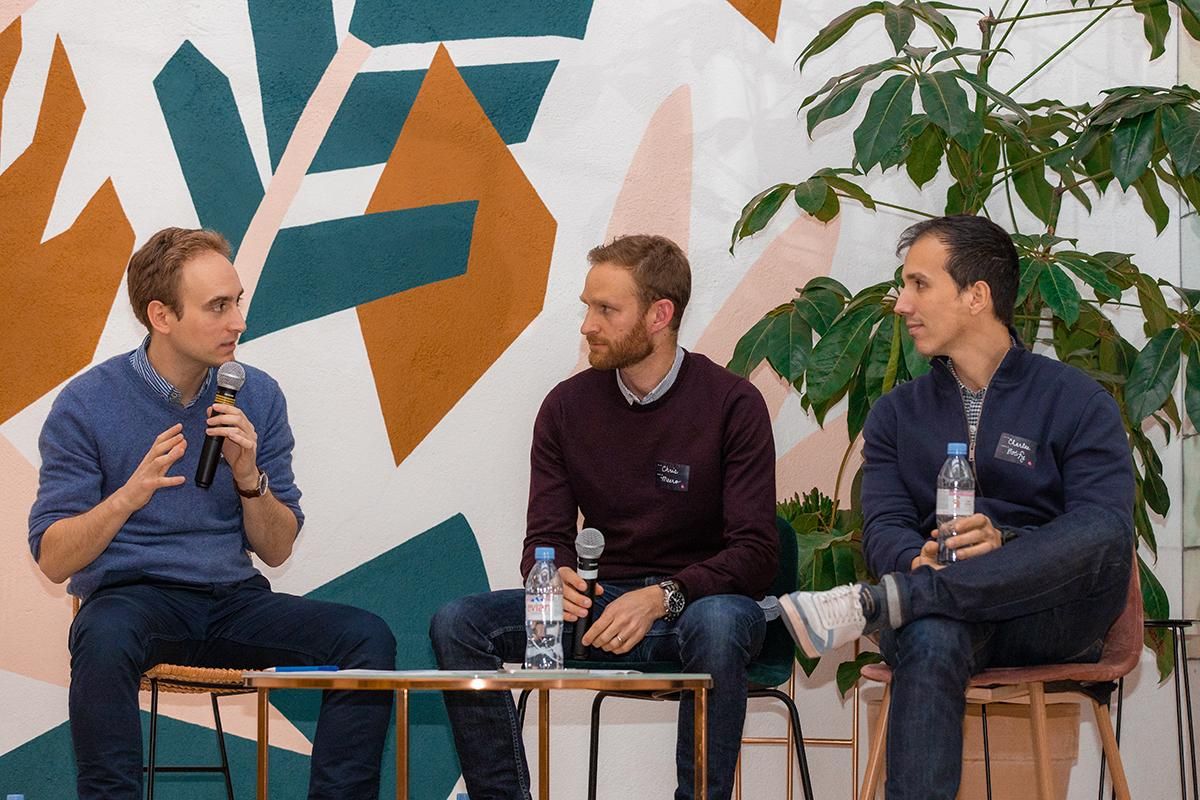Most people like to work on shiny projects that everyone can see. When you can say “look at this new app I’ve built.” But a lot of the work we do as an engineer, people will never see. Still everyone relies on it. People often don’t realize you’re working on it until something goes wrong. Like when your Amazon package doesn’t arrive.
I don’t like shiny projects that have no value for the customer.
It’s important to me as a manager to make sure that everyone gets as much recognition as possible and that people understand that shiny projects are not the only way to get rewarded. I talk to other departments in the company and explain that a certain feature is available thanks to certain developers on my team. And I give feedback to my team as well, that thanks to their work the company was able to gain new clients.


Tree main lessons
Customer obsession, ownership and delivering results.
We’re not coding to code - we’re doing it to solve something for the customer. We’re obsessed with providing the right experience.
I also want to empower people in my team to make the right decisions without having to ask me and double-check everything. You don’t need to go to your manager every time you need to pay for something at work. You take ownership.
And you need to focus on results and make decisions. Especially in engineering, I see a lot of people spending hours arguing about the right framework, the right platform, the right database. I then sometimes say: “you know what, let’s flip a coin.” Of course people think I’m crazy and it might be a bit extreme. But the point is that the coin flip is going to take one second when they’ve already spent a week arguing. During that time, we could have built a system with one solution to see if it works.
There are very few actions in your life that are irreversible. You can change a framework, you can change a color, you can change text. Most of the things we do have a positive impact and make up for the things that don’t work.

Acting and Engineering
I’ve done drama for 12 years. I started quite young, before university. At the beginning of my career, it helped me to balance my life. Acting was an escape from hard work: being someone else, travelling, meeting new people. But later I learned that everything I do in drama class helps me to be a better person, a better engineer and a better manager.
What many engineers can improve on is clear communication. Communication is key in every relationship, no matter if it’s with your family or colleagues. Drama helps you to understand that. What you learn is that communication is not one-way, it’s not only talking – but it’s listening first. The first thing you learn in drama school is: shut up and listen.
If you attend a meeting in a company, look at the number of people who just want to talk. Who just want to say what they have to say and don’t care about anything else. They even go off-topic just to say what they want to say. People always think they are there to say something, but maybe they are just there to listen and get information.
You need to learn to fail. We’re taught in school that failing is bad. You get a certain grade and if it’s not good enough, you failed. But if you look at successful entrepreneurs, they usually tried something and failed. Same in theatre – before you actually create a play that works, you need to fail. You need to try things, you rehearse, you need to try different things again. Nobody is judging you for trying and nobody is judging you for failing.
In the startup environment it’s important to understand that it is okay to fail as long as you learn from it and move on. If you are afraid to fail, you don’t take risks anymore. Every time you go on stage, you take a risk.
 Razor Modal
Razor Modal
